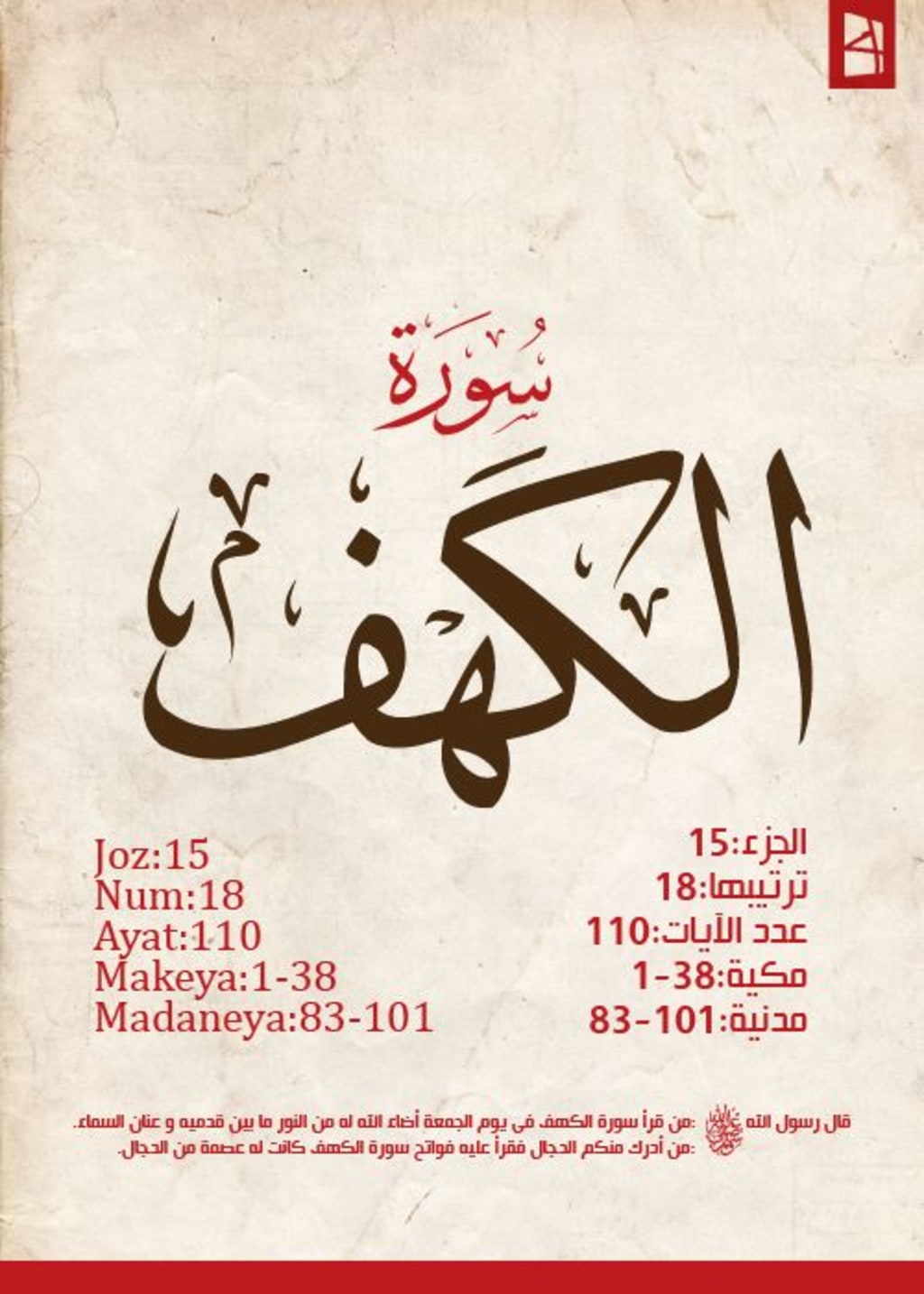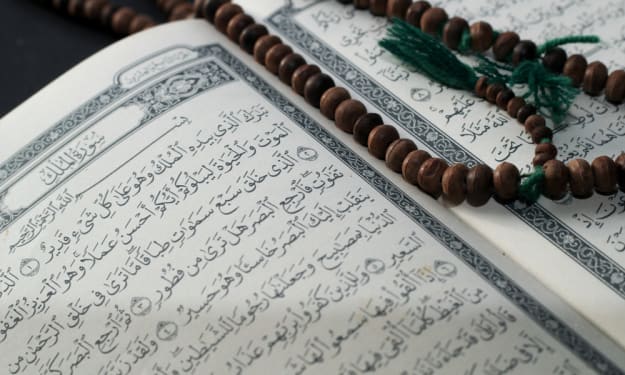Jummah in the Modern World: A Blend of Tradition and Contemporary Relevance
Jummah in the Quran

Introduction:
Jummah, or Friday, holds a sacred place in the Islamic calendar, representing a day of congregational prayer and reflection. Its significance is deeply rooted in the Quran, emphasizing the importance of communal worship and spiritual renewal. In the modern world, where the pace of life can be relentless, Jummah serves as a unique opportunity for Muslims to reconnect with their faith and community. This article explores the timeless importance of Jummah in the Quran, delves into the benefits of reciting Surah Kahf and Surah Jummah on this day, and examines how these traditions remain relevant in the contemporary world.
Jummah in the Quran:
The Quran, the holy book of Islam, explicitly mentions the significance of Jummah in several verses. In Surah Al-Jumu'ah (Chapter 62), Allah emphasizes the obligation of the Friday congregational prayer, calling believers to leave their business and hasten to the remembrance of Allah. The Quran underscores the communal aspect of Jummah, bringing together Muslims from diverse backgrounds to worship collectively and strengthen their bonds.
The modern world, with its fast-paced lifestyle, often pulls individuals away from their spiritual core. Jummah, as emphasized in the Quran, provides a designated time for Muslims to pause, reflect, and redirect their focus towards matters of the soul.
Benefits of Reciting Surah Kahf and Surah Jummah:
On the day of Jummah, Muslims are encouraged to recite specific chapters from the Quran, amplifying the spiritual experience. Two such chapters, Surah Kahf (18th chapter) and Surah Jummah (62nd chapter), hold special significance.
Surah Kahf:
Surah Kahf, also known as "The Cave," recounts stories of faith, trials, and steadfastness. The Prophet Muhammad (peace be upon him) encouraged the recitation of Surah Kahf on Fridays, as it contains timeless lessons applicable to the challenges of contemporary life. The surah prompts believers to seek knowledge, reflect on the transient nature of worldly pursuits, and maintain resilience in the face of adversity.
In the modern world, where distractions abound, the recitation of Surah Kahf on Jummah serves as a spiritual anchor, guiding Muslims to navigate the complexities of life with steadfastness and wisdom.
Surah Jummah:
Surah Jummah, named after the day of congregation, highlights the importance of the Friday prayer and the significance of listening to the sermon. The surah emphasizes the transformative power of knowledge, urging believers to prioritize learning and understanding their faith. In a world shaped by information and technology, Surah Jummah serves as a reminder of the timeless value of seeking knowledge and growing in spiritual understanding.
The Benefits of Tradition in the Modern World:
In the hustle and bustle of the modern world, traditional practices like attending Jummah prayers, reciting specific chapters of the Quran, and engaging in communal worship might appear at odds with contemporary lifestyles. However, these traditions offer invaluable benefits that resonate with the challenges of the present day.
Community Connection:
Jummah prayers foster a sense of community and brotherhood, countering the isolation often experienced in a technology-driven society. The physical presence of individuals in a congregation creates a unique bond, promoting unity and mutual support.
Spiritual Reflection:
The recitation of Surah Kahf and Surah Jummah on Fridays provides a dedicated time for spiritual reflection and growth. In a world filled with constant noise, these practices offer a moment of tranquility, allowing Muslims to center themselves and strengthen their connection with Allah.
Balancing Material and Spiritual Pursuits:
The obligation to pause worldly activities for Jummah prayers aligns with the Quranic guidance to strike a balance between material and spiritual pursuits. In a world where success is often measured by material achievements, Jummah serves as a reminder of the importance of nurturing one's spiritual well-being.
Conclusion:
Jummah, with its roots deeply embedded in the Quran, continues to be a beacon of spiritual guidance for Muslims in the modern world. The practices associated with Jummah, including the recitation of Surah Kahf and Surah Jummah, offer a timeless framework for navigating the complexities of contemporary life. By embracing these traditions, Muslims can find solace, community, and a renewed connection with their faith in the midst of the rapid pace of the modern world.
About the Creator
Enjoyed the story? Support the Creator.
Subscribe for free to receive all their stories in your feed. You could also pledge your support or give them a one-off tip, letting them know you appreciate their work.






Comments
There are no comments for this story
Be the first to respond and start the conversation.